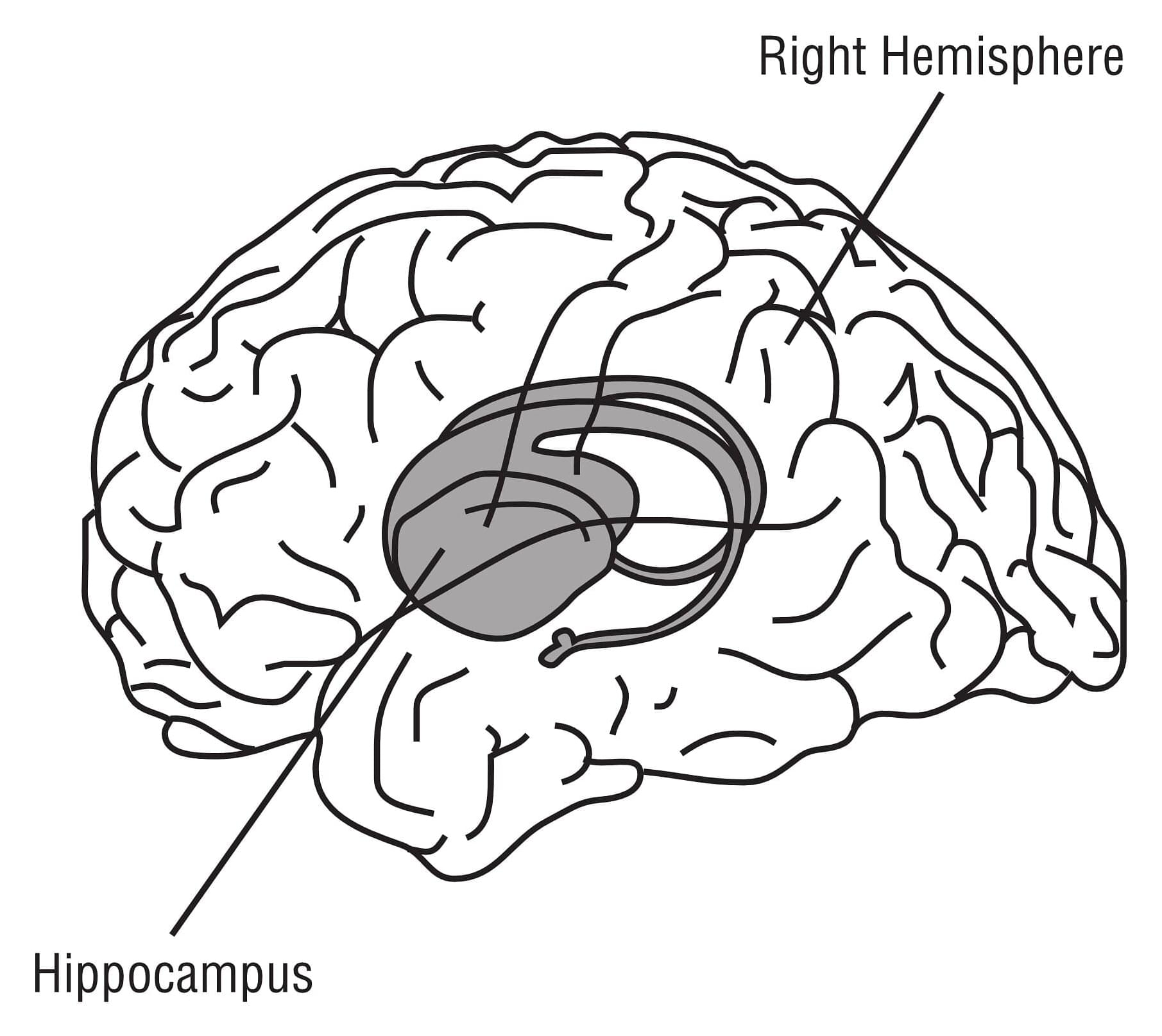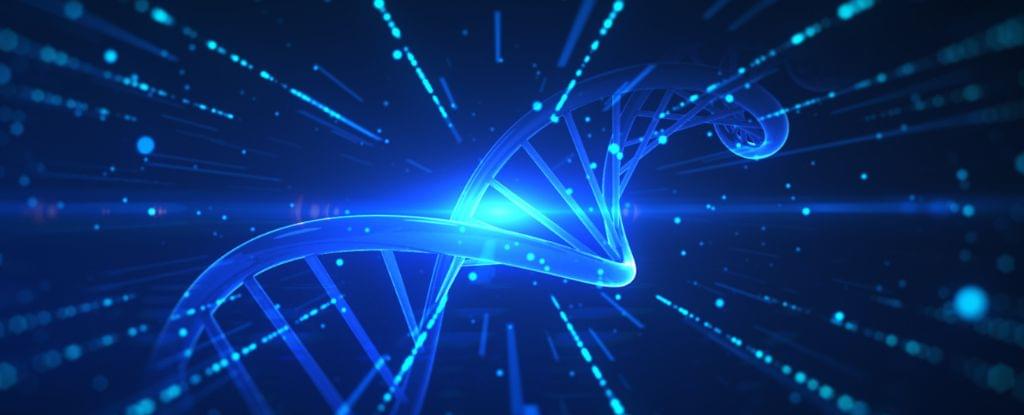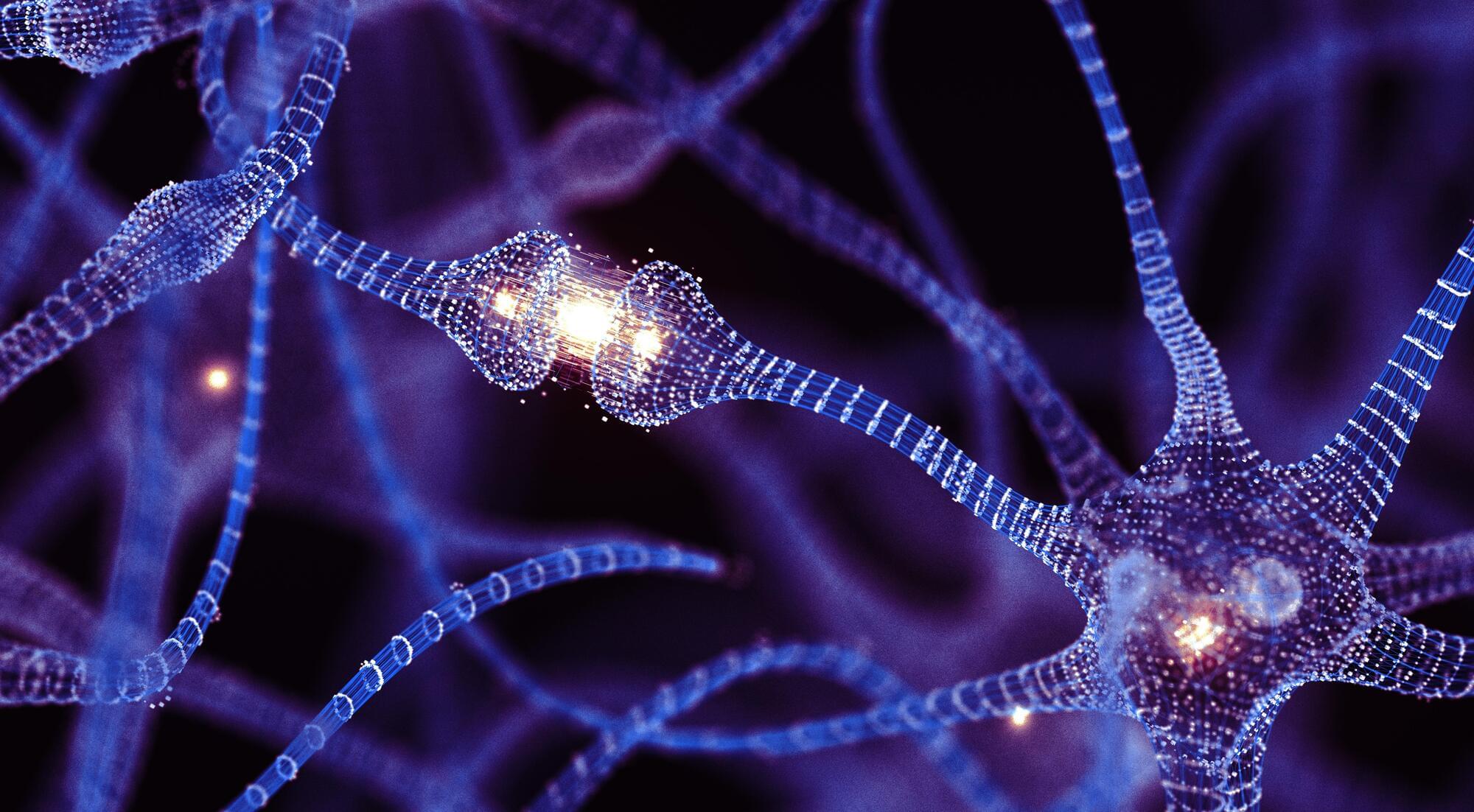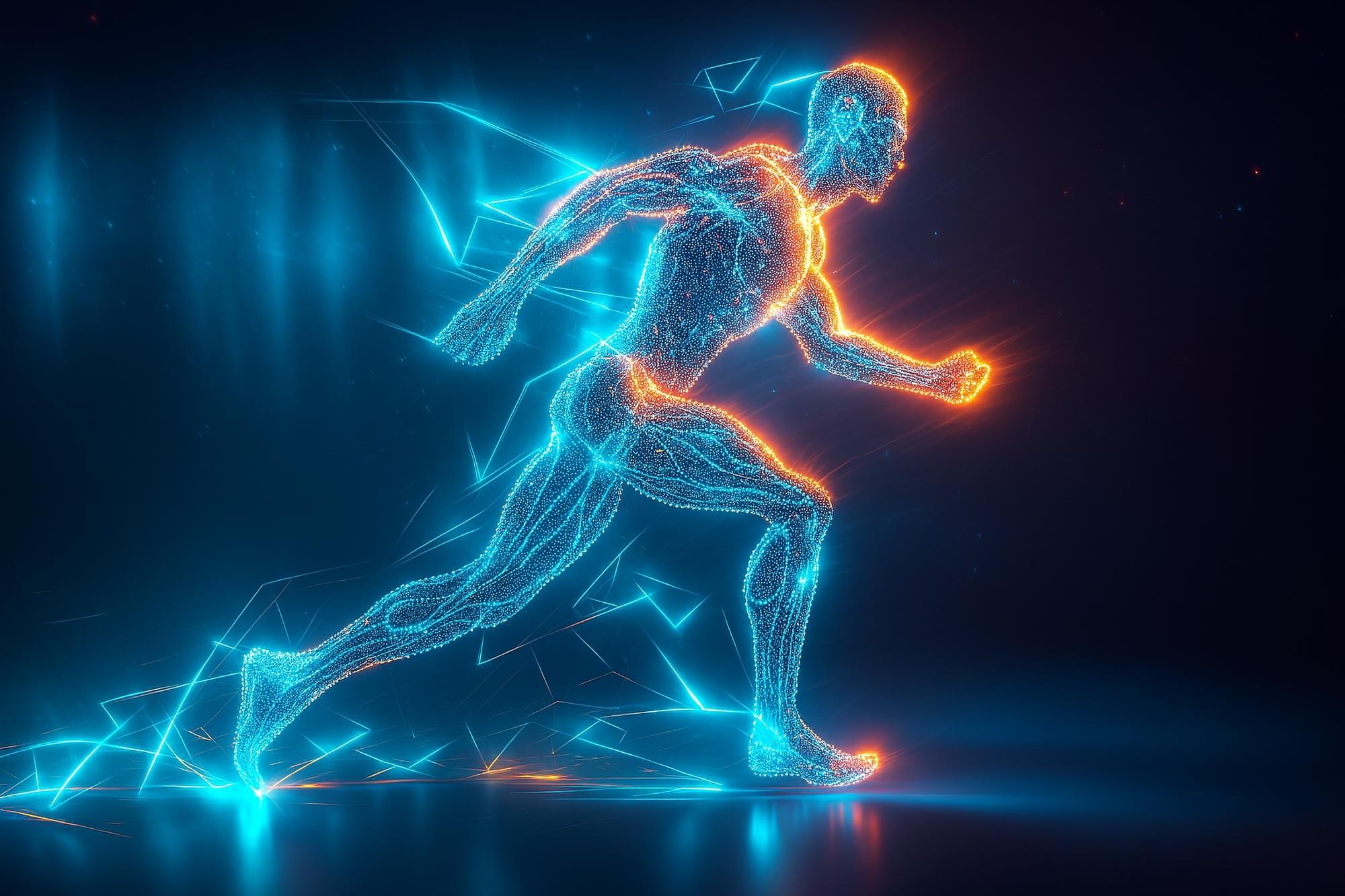The aviation industry witnessed a monumental breakthrough on February 10, 2025, as Boom Supersonic’s XB-1 aircraft accomplished what many experts deemed impossible. Flying over the Mojave Desert at speeds exceeding the sound barrier, the aircraft achieved something unprecedented in aviation history: supersonic flight without generating a sonic boom. This revolutionary achievement has opened new possibilities for the future of air travel.
For decades, the notorious sonic boom has been the Achilles’ heel of supersonic travel. When aircraft exceed the speed of sound (approximately 761 miles per hour at sea level), they create powerful shock waves that culminate in the distinctive thunderous crack heard on the ground. This disruptive phenomenon has historically restricted supersonic flights to ocean routes, as demonstrated by the iconic Concorde.
Boom Supersonic’s XB-1 has changed this narrative through its implementation of Mach cutoff technology. This innovative approach exploits atmospheric conditions to redirect shock waves upward rather than toward the ground. By carefully selecting specific flight altitudes and analyzing atmospheric data, the aircraft effectively minimizes the impact of these pressure waves.







